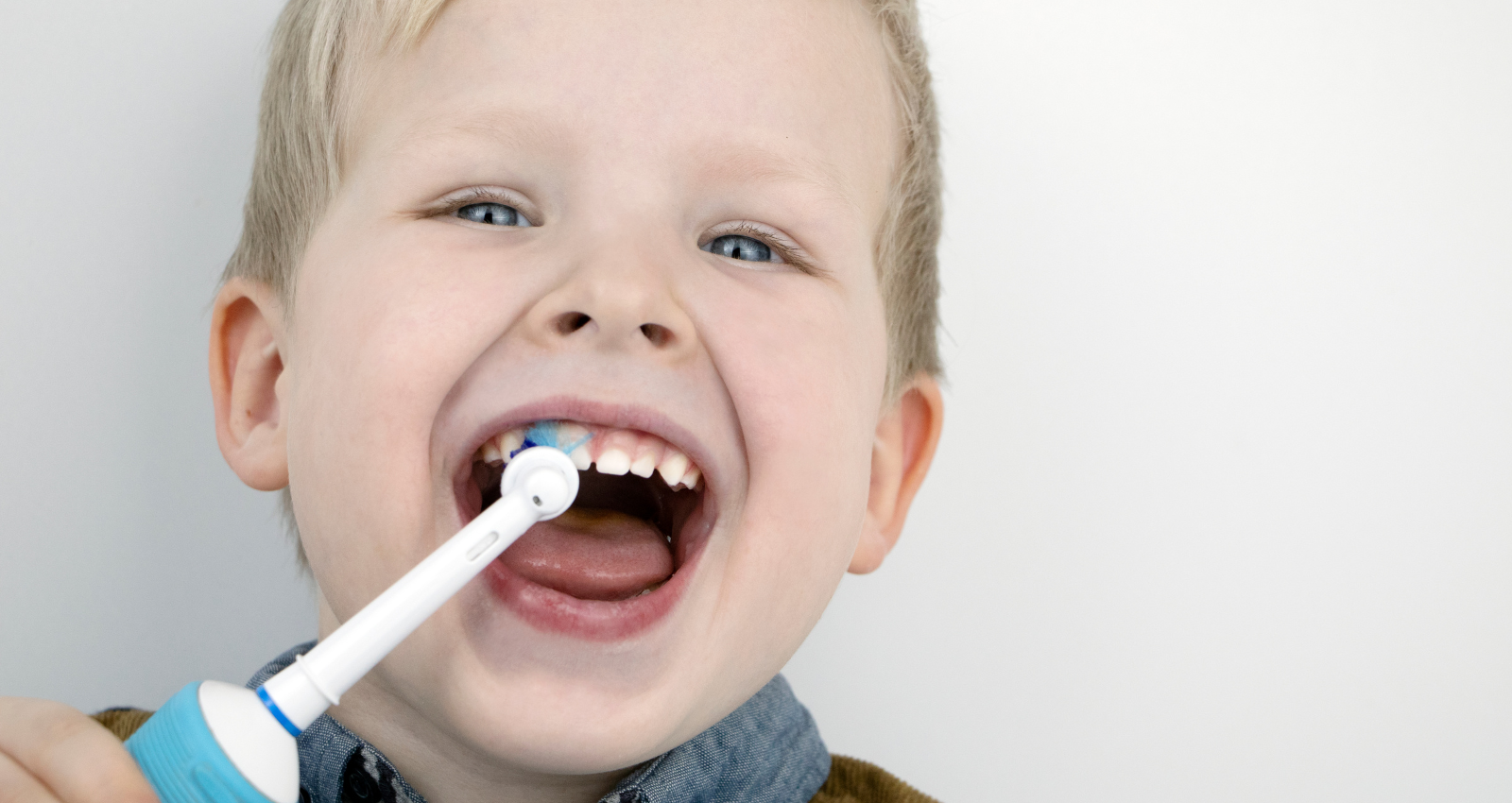
Are you struggling to get your child with special needs to brush their teeth
Parents of children with special needs, especially when sensory processing sensitivities, OCD, PDA or Autism are in the mix, often struggle to get a toothbrush anywhere near their child, let alone work on improving gum health or oral hygiene. This can lead to distress, meltdowns and anxiety twice a day, every day, and that’s no fun for anyone.
Why is it so challenging to get children with special needs to brush teeth?
This will be unique to each child. However, to have someone moving a brush in your mouth without your control is always extremely intrusive.
Special needs or challenging behaviour can get in the way of good dental hygiene. It can mean over-sensitivity (tactile defensiveness/hypersensitivity), leading to a need for less stimulation, or decreased sensitivity (hyposensitivity) leading to a need for stronger than usual sensation (sensory seeking).
There might be reduced motor skills affecting the ability to manoeuvre the toothbrush. There could be difficulties being able to visualise a part of the body that is internal. There can be problems understanding the importance of this challenging activity. Working memory issues can get in the way of remembering to do it. Demand avoidance can make it difficult to accept any prompting. Children might experience nausea, irritation, burning sensation, gagging, even vomiting with standard toothpaste and brushing techniques. No wonder they are struggling!

What do you need to be able to brush well?

You have to be able to see, feel or visualise the inside of your mouth to know where your teeth and gums are and be able to coordinate the brush. You have to know how hard to brush, how fast to go, and for how long. You need to be able to self-regulate the sensation or lack of sensation. You need to be able to cope with the regular need for it to happen in the same way each time, and sometimes when there is extra pressure to leave the house soon after. Children with PDA or high levels of anxiety can find it a challenge to meet any demands from parent/care team, let alone one that challenges them like this so frequently!
Things you can try to help children brush their teeth
We would never suggest there is an easy ‘one size fits all’ solution, but we do know there are some ideas, tips, strategies or tools that have helped some of the children struggling.
- Preparation. Give gentle validation of this being an uncomfortable experience. Remember they are feeling challenged, not ‘being challenging’. It can be a valuable exercise to get someone else to brush your teeth, so you experience first hand how intrusive and uncomfortable it feels – or brush your teeth with your ‘wrong’ hand. Break the process down into micro steps and pace it to suit your child. Start with holding the brush, then touching to the lip, then putting in the mouth briefly, then for longer, then adding a speck of toothpaste, and so on. For some this can happen in an hour, for some it will take days or even weeks.
- Visual prompts. A visual prompt for the stages of cleaning teeth will help many. If you don’t have a laminator and Velcro you can find some ready made online, or if you do but don’t have time there are digital downloads on Etsy or similar.
- Giving choices. If you have a couple of different toothbrushes so your child can choose which option, that can sometimes help them with feeling in control of the activity. This can really help where there is resistance as it becomes ‘Which of these toothbrushes are you going to use today?’ rather than a demand ‘Use this toothbrush’.
- Backward chaining. We are always working towards giving the child as much independence as possible. Another good strategy for this is called backward chaining. With the activity broken down into micro steps start by doing all the brushing yourself and letting the child finish up, and then gradually over time letting them take over earlier in the process. Honour their experience, take it slowly and watch carefully.
- Brushing together. Some children may benefit from watching and copying with you brushing together at the same time. Some are not able to mirror though and will need a more hands on approach.
- Using a waterpik or a water flosser. For some children this will be an absolute no – but for those who like sensory stimulation it can be easier than brushing, or complementary. Books – there are some books on cleaning teeth that may support the process. Social Stories can help with understanding the ‘why’ of why cleaning teeth is important.
- Giving rewards. This will depend upon if your child is able to work towards longer term goals. An ‘in the moment’ reward like a tickle or a cuddle (if liked!) may be required for some, while a jar collecting tokens of success working towards a long term goal, charts, incentives work for some.
The most important thing of all is to look at the big picture and take your time. Break it right down and introduce just one thing at a time at a pace that suits your child and fits in with the family and your daily routines.


Leave a comment